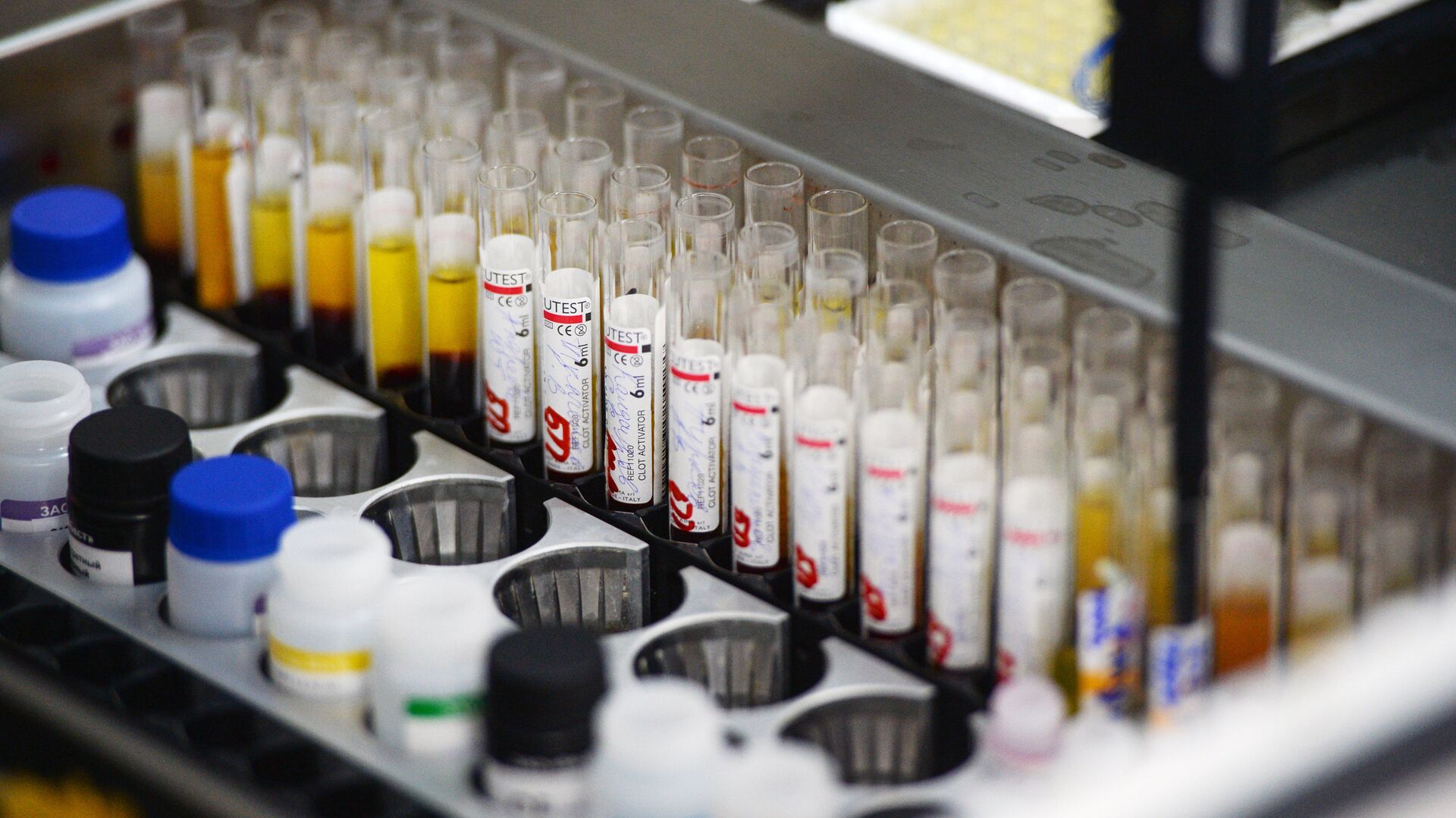Russia Can Help Africa Fight Hepatitis, Co-Founder of Tanzanian Hepatitis Alliance Says
17:30 28.07.2024 (Updated: 14:05 29.07.2024)

© Sputnik . Alexandr Kryazhev
/ Subscribe
World Hepatitis Day, observed on July 28, aims to raise awareness and eradicate hepatitis. According to WHO's latest data, 296 million people live with chronic hepatitis B and 58 million with hepatitis C. Annually, hepatitis contributes to 1.1 million deaths globally.
Russia can assist Tanzania with resources, materials, and previously conducted studies, as well as engage in "joint research and development" in its combat with hepatitis, the co-founder and public relations manager of the Tanzanian Hepatitis Alliance, Lilian Mpondachuma, told Sputnik Africa on the occasion of World Hepatitis Day.
"Russia is among the richest perspective countries in combating hepatitis. So I think [Russia] could share with us their policies, what works for them, and their advocacy system, which would really be used to develop and prevent hepatitis. So maybe we could jointly advocate by increasing global attention and funding for hepatitis elimination efforts," Mpondachuma said.
Tanzania and Russia can have joint initiatives that "focus on strengthening healthcare structures, particularly in the areas of coaching, management, laboratory capacity, and training healthcare workers," Mpondachuma said.
"Collaboration would actually address regional challenges and help us develop tailored solutions for prevention, as well as cooperating in clinical trials, which will aid in the development and approval of new vaccines," she noted.
One of our biggest challenges is the lack of awareness and education about the disease, according to the co-founder of the alliance. Many people, especially in rural areas, either do not know about or do not fully understand viral hepatitis.
"We're living in a new age and era, and what matters in the new age is time and speed. The speed of operations, how we work, and how we are so intentional about combating this disease are what matter. So one of the things that we really are supposed to be doing, or the steps that we can take in order to prevent hepatitis. First of all, we should invest in education; public awareness still needs to be increased," Mpondachuma highlighted.
Among the key initiatives to raise awareness, she says, is to launch nationwide campaigns and use media platforms to educate the public about hepatitis transmission, symptoms, and related issues. Also, community engagement is essential, involving organizations, community leaders, and youth advocates to reach a broad audience and reduce stigma through social media and other channels.
Furthermore, Tanzania should invest in data surveillance to accurately track hepatitis cases and monitor the effectiveness of interventions, the co-founder of the Tanzanian Hepatitis Alliance added.
Building strong systems will help us understand the disease burden and measure the impact of these measures; integrating these efforts with other programs will enhance overall effectiveness, she said.
As for the work that is already done by the alliance, Mpondachuma explained that their primary focus is on advocacy, providing knowledge to communities at the "grassroots level." They reach various parts of the country, connecting with families and infected individuals to educate them on the importance of vaccination and how to access vaccines. Additionally, they offer dietary guidance, especially for those who are infected.
She mentioned that formal education materials are essential due to the varying levels of education within communities, and the organization believes that collaboration with local and international NGOs can be effective in these educational efforts. Furthermore, Mpondachuma emphasized the importance of partnerships between pharmaceutical companies and governments. Such collaborations could facilitate the provision of vaccines and other health interventions, ultimately reducing costs and making healthcare more affordable and accessible on a larger, governmental level.
"Get vaccinated, please go to the health care and go to the hospital, reach a medical expert and ask for information about the vaccine, how you can get this vaccine and how you can help the community in preventing the virus," Mpondachuma said in conclusion.
